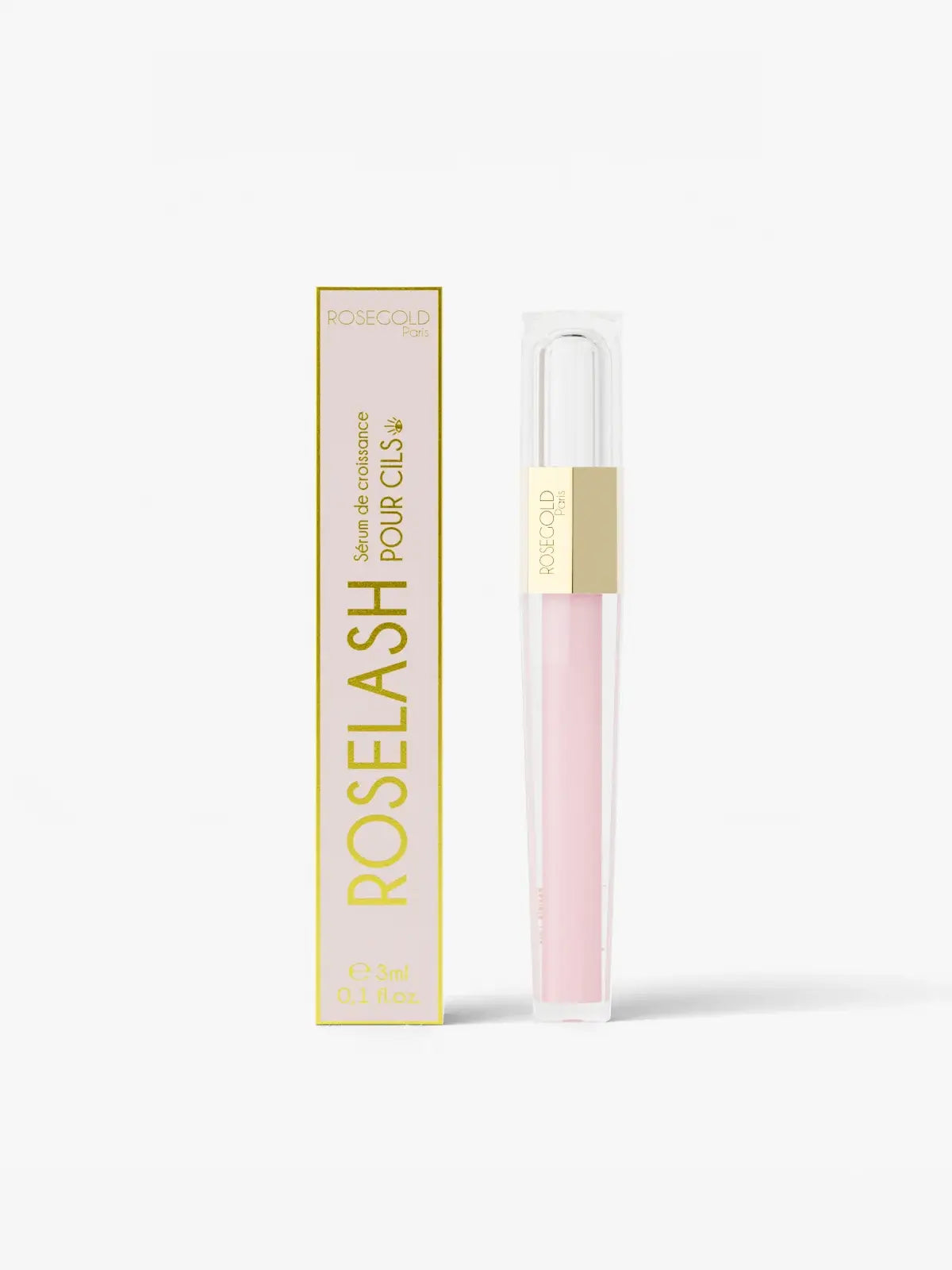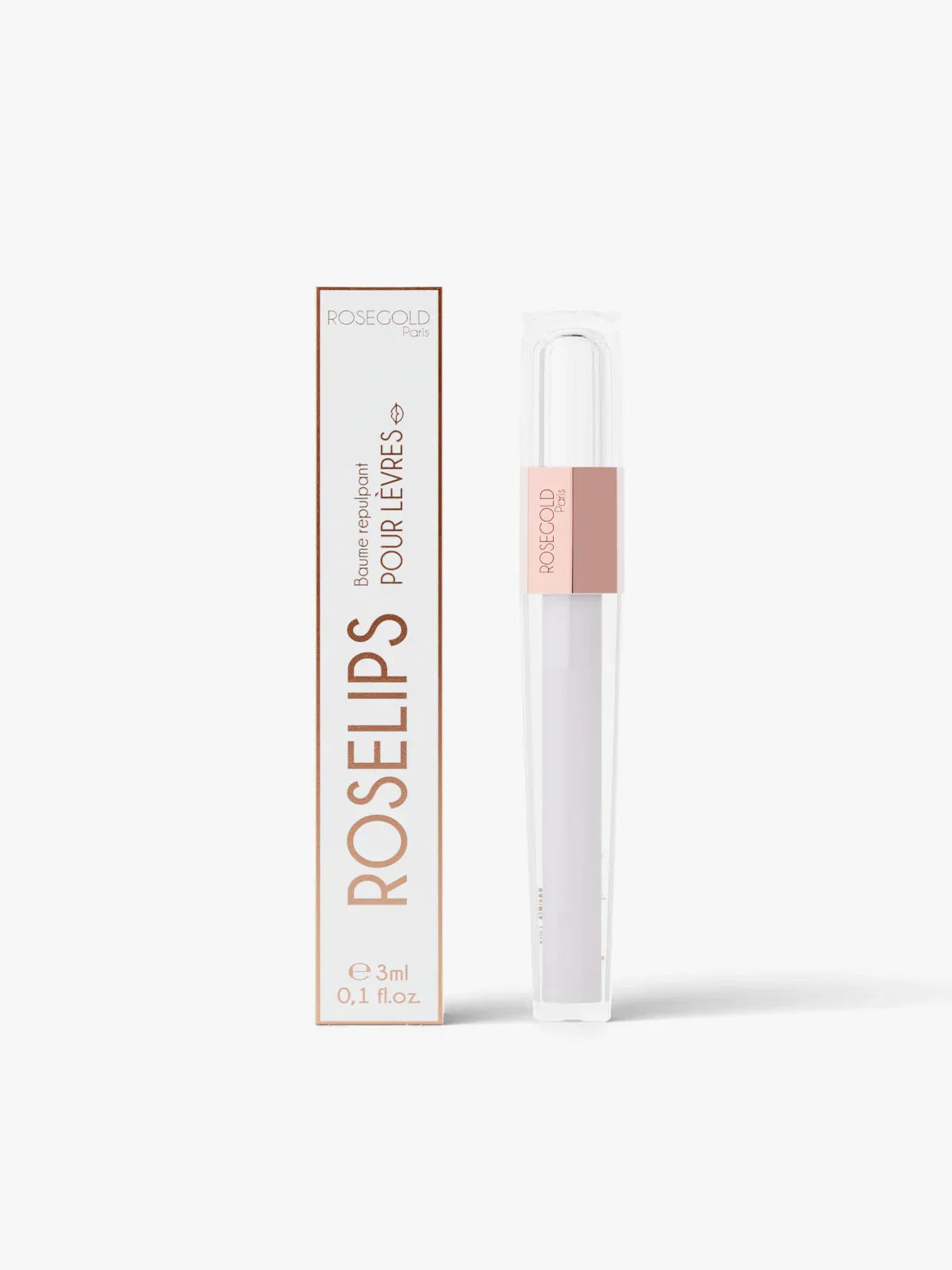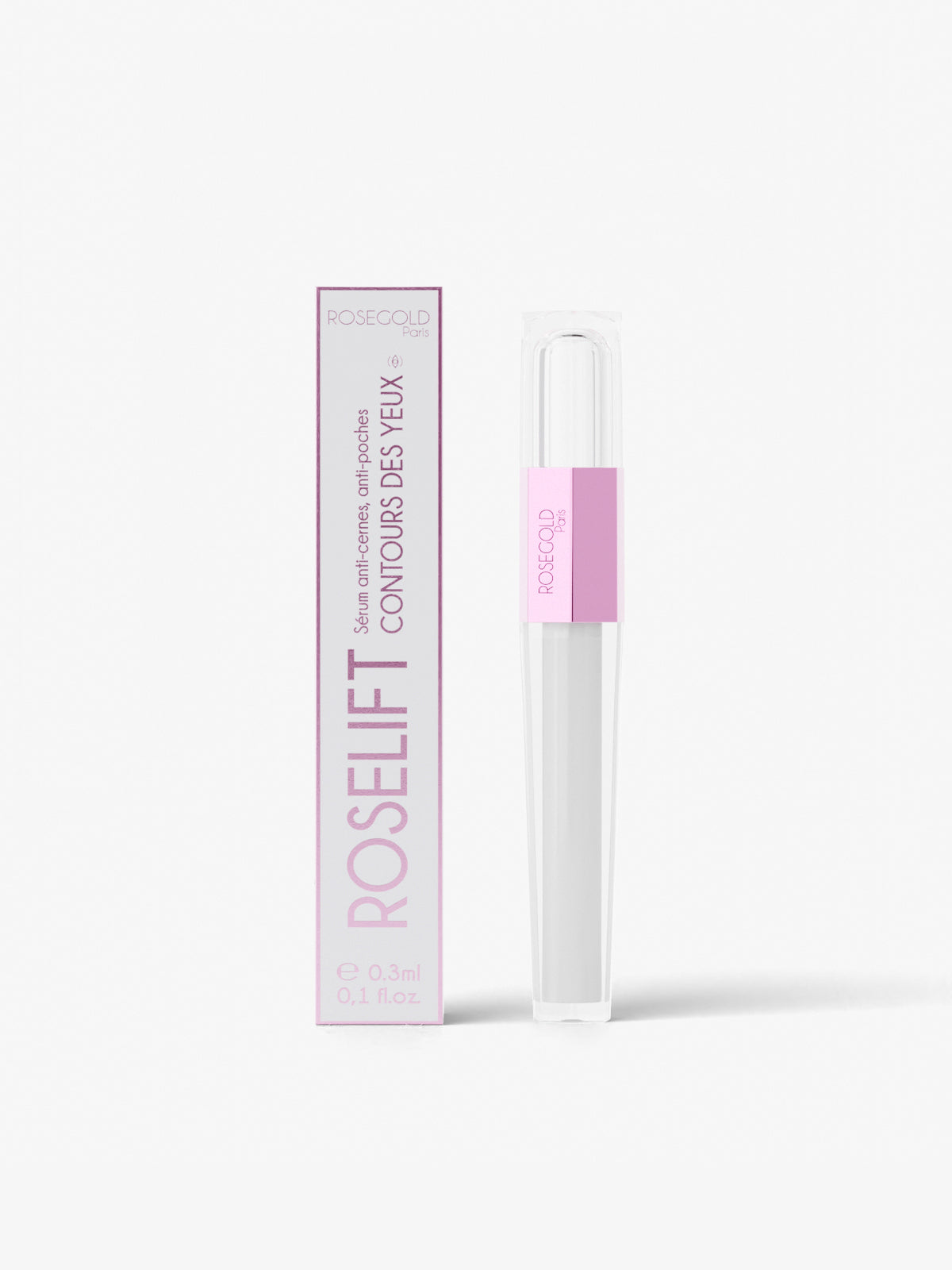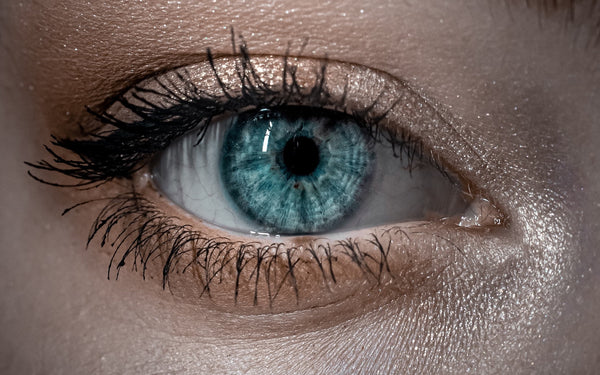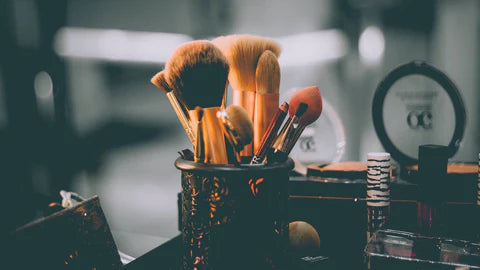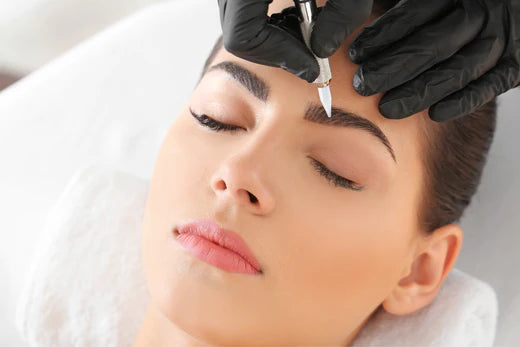
Contrairement à certaines idées reçues, le maquillage n'est pas incompatible quand on a la peau grasse. Il suffit d'adopter la bonne technique et d'utiliser les bons produits. Focus.
La peau grasse, également connue sous le nom de peau séborrhéique, est un type de peau caractérisé par une surproduction de sébum, une substance huileuse produite par les glandes sébacées de la peau. À quoi la reconnaît-on ? La peau grasse a souvent un aspect brillant ou luisant, en particulier au niveau de la zone T du visage (front, nez et menton) exactement comme les caractéristiques de la peau mixte. Cela est dû à l'accumulation de sébum à la surface de la peau. Chez les personnes qui ont la peau grasse, on remarque souvent des pores dilatés, visibles à l'œil nu et obstrués par des impuretés, ce qui peut conduire aux imperfections.
Découvrez notre sérum cernes
Quels sont les produits indispensables pour le maquillage des peaux grasses ?
Tout comme pour la routine visage des peaux grasses, lorsqu'il s'agit de les maquiller, il est important de choisir des produits adaptés pour contrôler la brillance et assurer une tenue longue durée. Voici quelques produits indispensables pour le maquillage des peaux grasses :
-
Base de maquillage matifiante mais pas étouffante : on choisit une base de maquillage spécialement formulée pour les peaux grasses. Cette dernière peut aider à réduire l'excès de sébum et à matifier la peau avant l'application du maquillage. Recherchez des bases qui contrôlent la brillance et minimisent l'apparence des pores mais veillez à ce qu'elles ne contiennent pas de silicone.
-
Fond de teint matifiant mais léger : Optez pour un fond de teint à la formule légère, sans huile et non comédogène qui va matifier la peau. Les fonds de teint matifiants aident à absorber l'excès de sébum, à minimiser la brillance et à offrir une couverture durable. Les formules en poudre ou les fonds de teint liquides matifiants forment une bonne équipe pour les peaux grasses.
-
Poudre libre ou poudre matifiante : Une poudre libre ou une poudre matifiante translucide peut être utilisée pour fixer le fond de teint et réduire davantage la brillance. Appliquez-la légèrement sur l'ensemble du visage ou sur les zones sujettes à la brillance, en particulier la zone T. Cela aidera à contrôler l'excès de sébum et à prolonger la tenue du maquillage.
-
Blush et fard à joues en poudre : Pour éviter l'ajout d'huile supplémentaire sur la peau, privilégiez les blush et fards à joues en poudre plutôt que les formules crème ou liquides.
-
Fard à paupières longue tenue : Utilisez des fards à paupières qui offrent une bonne adhérence et une longue tenue pour éviter qu'ils ne se déplacent ou ne se dégradent rapidement sur la paupière. Posez toujours une base à paupières avant votre fard.
-
Eyeliner et mascara résistants à l'eau : Les peaux grasses ont tendance à produire plus de sébum sur les paupières, ce qui peut provoquer des bavures de l'eyeliner et du mascara. Optez pour des formules résistantes à l'eau pour une tenue durable.
-
Papier matifiant ou poudre compacte : Ces produits sont des petits plus à transporter dans sa trousse beauté. Ils peuvent être utilisés tout au long de la journée pour éliminer l'excès de sébum, réduire la brillance et l'aspect luisant sans altérer le maquillage. Les papiers matifiants absorbent l'excès d'huile, tandis que la poudre compacte peut être utilisée pour effectuer des retouches légères.
Évidemment, n'oubliez pas de nettoyer votre peau en profondeur avant d'appliquer le maquillage et d'utiliser des produits démaquillants adaptés à votre type de peau pour éliminer complètement le maquillage en fin de journée.
Découvrez notre sérum cernes
Comment bien appliquer son fond de teint sur peau grasse ?

Pour obtenir une mise en beauté et un résultat parfait, durable et un beau teint matifié, il faut savoir appliquer son fond de teint mais heureusement, ça n'a rien de bien compliqué.
Les étapes pour une bonne préparation
Préparez votre peau : Avant d'appliquer le fond de teint, nettoyez et hydratez votre peau avec des produits adaptés aux peaux grasses, cela aura pour effet de lui préparer une excellente base. Utilisez une crème hydratante légère et non comédogène pour éviter d'ajouter une surcharge d'huile à votre peau, faites un gommage doux et léger pour affiner le grain de peau, appliquez éventuellement un masque à l'argile verte pour purifier la peau et ajoutez une crème matifiante si besoin.
Utilisez une base de maquillage matifiante : Appliquez une base de maquillage spécialement formulée pour les peaux grasses. Cette base aidera à contrôler l'excès de sébum, à minimiser l'apparence des pores et à prolonger la tenue du fond de teint.
Choisissez le bon fond de teint : Optez pour un fond de teint à la formule légère, non comédogène et matifiante. Le fond de teint fluide ou le fond de teint en poudre, sont généralement recommandés pour les peaux grasses. Choisissez une teinte qui correspond parfaitement à votre carnation pour éviter tout effet de masque.
Découvrez notre sérum cernes
Les étapes d'application
Appliquez le fond de teint par petites touches : Déposez une petite quantité de fond de teint sur le dos de votre main ou sur une palette de maquillage. Utilisez un pinceau, une éponge ou vos doigts propres pour appliquer le fond de teint sur votre visage par petites touches.
Estompez uniformément : Travaillez le fond de teint en estompant doucement sur l'ensemble du visage. Commencez par le centre du visage et étirez le produit vers l'extérieur. Assurez-vous d'estomper soigneusement le fond de teint le long de la mâchoire, du cou et des contours du visage pour éviter les démarcations.
Évitez l'application excessive : Il est préférable de commencer par une petite quantité de fond de teint et d'ajouter davantage si nécessaire. L'application excessive de produit peut donner un aspect lourd et peu naturel, et peut également favoriser la formation de brillance au fil du temps.
Fixez avec de la poudre : Une fois que le fond de teint est appliqué, fixez-le avec une poudre libre ou une poudre matifiante translucide. Utilisez un pinceau de poudre pour tapoter doucement la poudre sur l'ensemble du visage, en insistant sur les zones sujettes à la brillance.
Faites des retouches légères : Si nécessaire, effectuez des retouches légères tout au long de la journée en utilisant une poudre matifiante ou des papiers matifiants pour éliminer l'excès de sébum sans altérer le fond de teint.
En suivant ces conseils, vous pourrez obtenir une application de fond de teint qui offre une couverture homogène, un fini mat et une tenue durable sur votre peau grasse.
